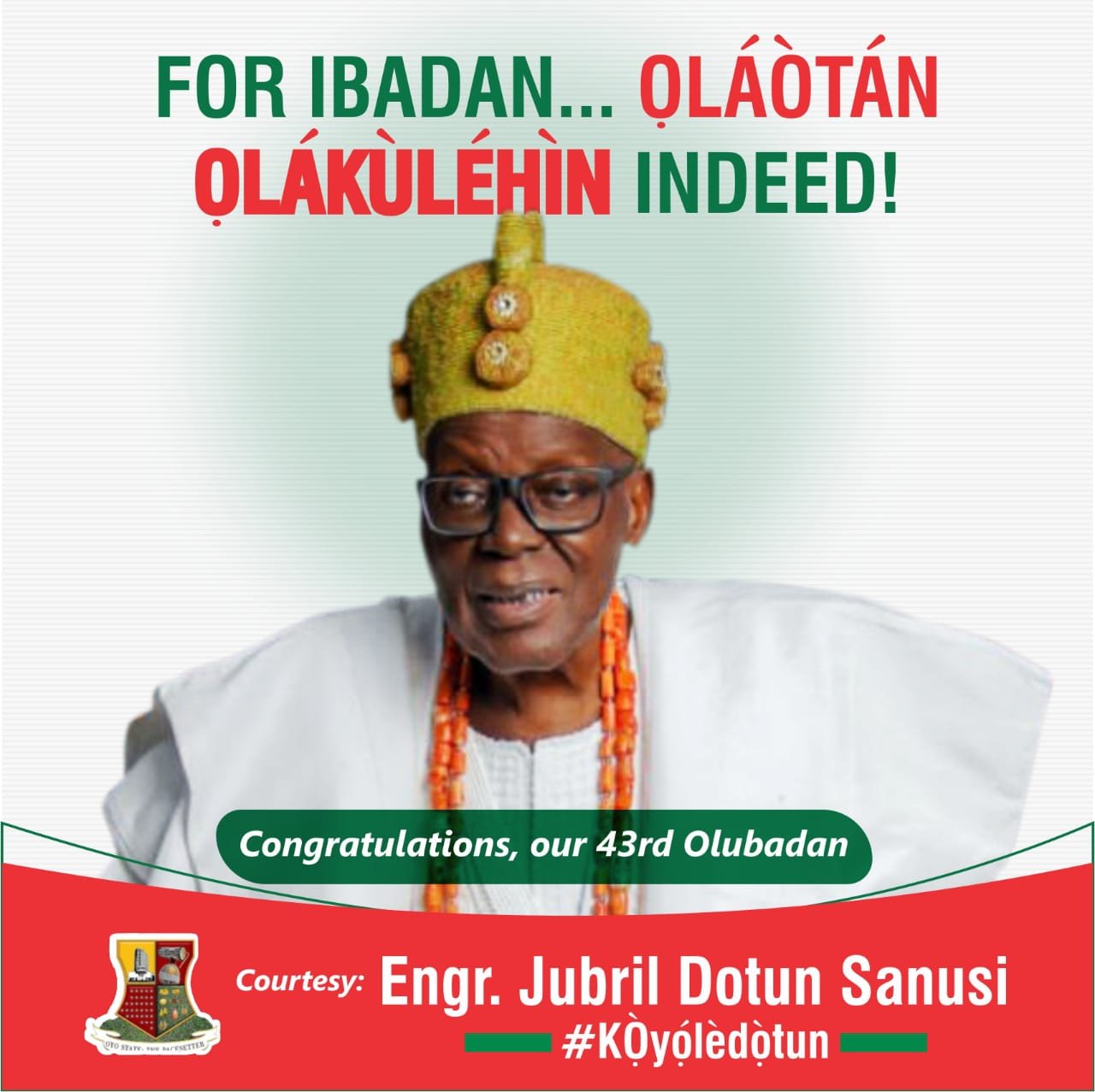By Olusegun Adeniyi
At the invitation of Dr Tunji Olaopa, I was at the Ibadan School of Government and Public Policy (ISGPP) last Thursday for what turned out a most interesting conversation on elections in Nigeria as critical stakeholders interrogate my book, ‘Against The Run of Play: How an incumbent president was defeated in Nigeria’. The ISGPP’s monthly book reading series to which I was invited is an innovative platform for community engagement on issues of governance, democracy and development and draws participants from the huge population of intellectuals within and around the city of Ibadan.

It is indeed a testimony to the reach of Olaopa, a retired federal permanent secretary, that the participants for my session were drawn from the academia, private sector and the civil society with respected Professors from the University of Ibadan, Obafemi Awolowo University, Ile-ife, Olabisi Onabanjo University, Ago-iwoye and University of Lagos, in attendance. Some of the accomplished people who stayed throughout the entire session that lasted almost five hours included Professors Akin Mabogunje, Bolanle Awe, Femi Osofisan, Adigun Agbaje, Olabode Lucas, Olabisi Ugbebor, Lai Olurode, Abiola Odejide, Ayo Olukotun and A.O. Popoola. There were also Dr B. A. Olarewaju, Dr Ademola Oyeleye, Dr Ashindorbe Kelvin, Dr Kayode Salman, Dr Irene Pogoson, Dr Wumi Akin-Onigbinde, Dr Festus Adedayo, Mrs Yemi Alabi and several others whose invaluable contributions made the event very enlightening. Ms Chienye Ogwo, the CEO of African Initiative for Governance (AIG) also came from Lagos.
In his opening remark, Olaopa commended many of the attendees whose passion and commitment have given the ‘ISGPP Book Readers Club’ its uniqueness, and whose regular participation at their events “have continued to buoy the drive for a continuous treatment of high-quality works that have direct implications for governance and public policy in Nigeria.” This, according to Olaopa, can only help in creating public awareness on the contemporary challenges of development while exploring ways in which they can be tackled.
As one would expect in a gathering of such intellectual heavyweights, the interactions were very engaging and one thing that came out clearly from the session is the fact that defeating an incumbent president is not an easy task anywhere in the world. I particularly made that point very clear by referencing Hal Furman’s paper titled ‘Why Incumbents Rarely Lose’ published in the nevadajournal.com, where he stated that “Incumbents have a much easier time getting re-elected than challengers have at even coming close to beating them”, and he gave reasons that validate my long-held position as I explained at the session before reading a section of the book.
I reiterated the same position in the interview I granted reporters after the session which some people have misinterpreted to mean I was dismissive of the presidential aspirants who are currently challenging the incumbent. Nothing can be farther from the truth.
I was asked about whether the massive campaign for Nigerians to get their Permanent Voter Card (PVC) can help the opposition in the election and I responded in the affirmative but with a caveat: “Yes, it can play a part, but what I think basically is that Buhari’s biggest challenger today is ‘go and get your PVC’.
That is not a candidate. Yes, the people will get their PVC but who are they voting for? It’s also important. I like the awareness, I like the consciousness and the fact that people are really ready to go out and vote, but it also matters who they are voting for and the platform and what those people are bringing to the table.”
The emphasis is on the platform because as eminently qualified as many of the presidential aspirants are, there is also the issue of the political party that will serve as vehicle for their ambition. This was how I answered that question: “Right now, if you are asked who would be the opposition candidate against Buhari next year, you can tout many names but you are not sure. And for me, there are only two political parties right now; there may be others in the future, but now, it’s either APC or PDP. All these Red Card, Third Force, and all those things… are helping the incumbent because he already has his support base. It is the opposition that is being divided along all these lines.”
The challenge for the opposition, as I explained, “is that they have to get their acts together. I keep saying that by the end of 2012 for instance, we already knew who was going to challenge Jonathan in 2015. You can’t say the same thing today. And you need a cohesive opposition to defeat an incumbent.”
There is nothing new in what I said. I was not in the country for much of 2010 and 2011 and did not witness the 16th April 2011 presidential election won by the then incumbent President Goodluck Jonathan. However, having completed my research paper on such elections at the Harvard Weatherhead Centre for International Affairs, I shared my perspective on why the outcome of the Nigerian election of that year could not have been different.
After editing the paper to make it readable as a journalism text aside putting it within the then prevailing Nigerian context, I published it on 22nd May, 2011, exactly a week before Jonathan was sworn in.
Titled, ‘Divided They Run, United They Lose’, it is noteworthy that some supporters of the defeated Major General Muhammadu Buhari, quite naturally, did not take kindly to the piece because they were still laying claim to being ‘rigged out’ at the time. My position was that Jonathan defeated Buhari and that it would be more productive for the opposition to accept the result and begin preparation for the future. That was not a popular opinion at the time given the post-election violence that claimed the lives of many people in the north.
In the paper, I wrote: “The lesson is that the fixation of the Nigerian opposition with voters’ turn out in the South-east and South-south may not carry much weight. In any case, no presidential election result has ever been upturned by court anywhere in the world. While not advocating against the legal option already taken by a section of the Nigerian opposition, my contention is that it is more productive for them to begin to plan and organize for future elections. The perennial narrative that they are rigged out by the ruling party is becoming hollow.
In a milieu where political parties are not only weak but lack financial wherewithal while there is no ideology binding members together, forging an electoral alliance is a long and arduous task. Waiting till weeks or days to the election to begin the process for such an alliance is therefore no more than an open invitation to a sure defeat.
































